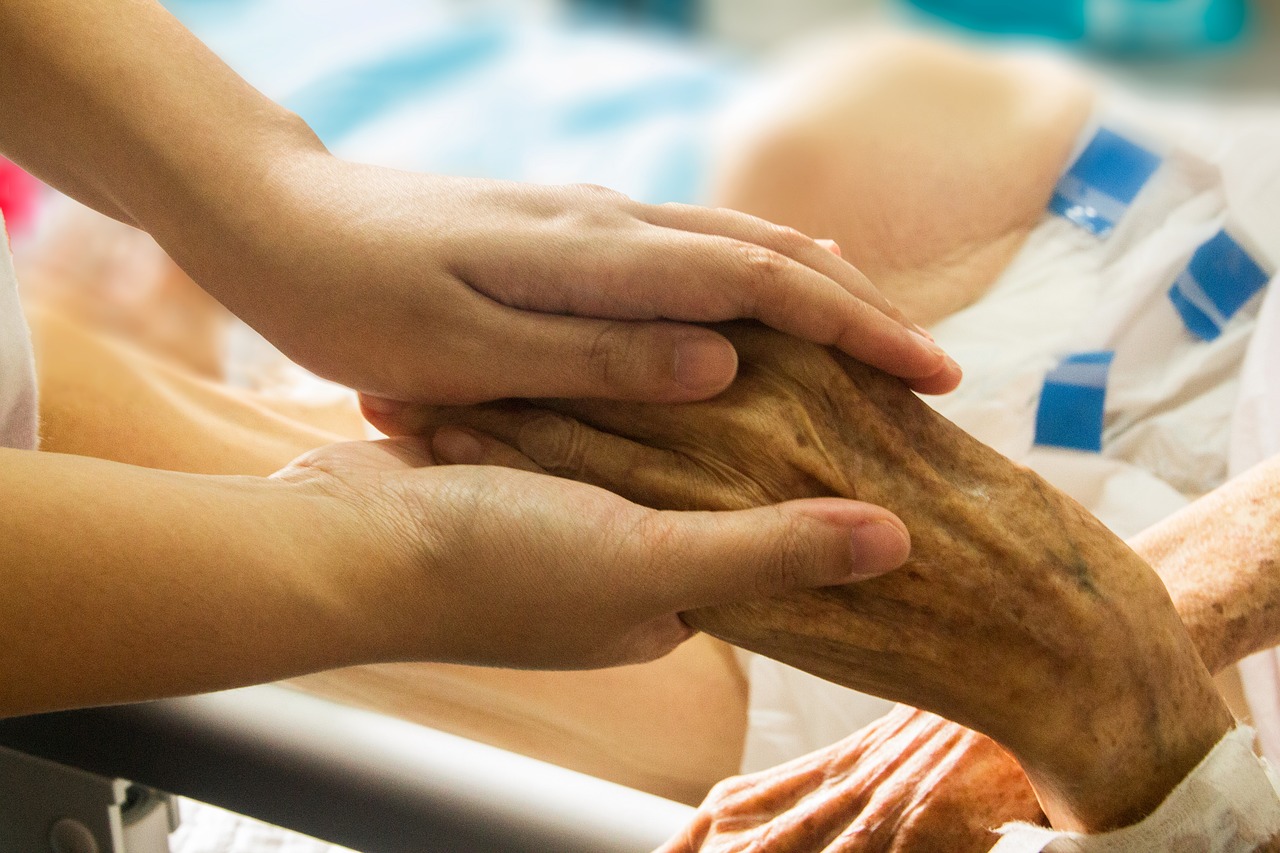
Ensuring Quality of Life During End of Life Care
Quality of life: everyone wants it but what is it exactly? There are many definitions out there. It can mean the degree to which an individual is healthy, comfortable, and able to participate in life events. It can refer to the general well-being of individuals and societies, outlining both negative and positive features of life. It refers to the standard of health, comfort, and happiness experienced by an individual or group. By its very nature, it features multidimensional aspects encompassing emotional, physical, material, and social well-being. So, what, then, does quality of life mean during end of life care in San Francisco and elsewhere?
While you can’t change what is happening to your loved one, you can make your parent, spouse, child, or sibling feel as comfortable as they possibly can, ideally with the support of palliative or hospice care specialists, says the Mayo Clinic. The focus is on symptom management and pain control, allowing the patient to be as alert and involved in life as possible. Any medical treatment is aimed at relieving discomfort instead of curing the illness. With a hospice team typically consisting of a doctor, nurse, social worker and chaplain, services may range from medical management to practical assistance to emotional support — all tailored to the needs and wishes of the patient.
This last point is critical, as your idea of quality of life may mean something different to your loved one. One person may view a peaceful death as a time to be surrounded by family and friends, while others want to be left alone. Not everyone can choose, but many can. It’s best to follow the wishes of the patient if possible so their definition of quality of life is met.
Areas of Care
Those who are dying generally require care in four areas:
- Physical comfort
- Mental and emotional needs
- Spiritual issues
- Practical tasks
In addition to the patient, their families need support as well throughout this time. This can take the form of counseling, support groups and other resources.
Physical Comfort
There are many ways to ensure your dying loved one is more comfortable. Because discomfort can stem from variety of problems, there are several solutions available. Speak with your loved one’s hospice care team and doctor to learn which one is best to treat:
- Pain
- Breathing problems
- Digestive problems
- Skin irritation
- Fatigue
- Temperature sensitivity
Mental and Emotional Needs
End-of-life care also involves helping the dying person manage their mental and emotional distress. Many feel depressed or anxious, naturally, when facing end of life. Treating that emotional pain and suffering is called for. You can encourage conversations about feelings, contact a counselor, or even inquire about medication. Your loved one may also have many fears and concerns, such as fear of the unknown or worrying about the people they’re leaving behind. Some don’t want to be alone at the end. All of these scary feelings can be magnified by the (understandable) reactions of family and friends. Because people often times don’t know what to say, they may stop visiting. This can cause the patient to feel even more alone and anxious.
The simple act of physical contact can help immensely, such as holding hands or giving a gentle massage. This can make the person feel more connected to their loved ones. Ensure a comforting environment. Play soft music, look through photographs, tell stories, and put the lighting on low. Music therapy in particular can improve mood, reduce pain, help with relaxation and evoke memories, says the National Institute on Aging.
Spiritual Needs
People nearing the end of life often have spiritual needs that are just as important as their physical ones. They may seek to find meaning in their life, end disagreements with others, and resolve unsettled issues to find peace. Many look to their faith to get them through. Praying and talking with a member of the clergy or counselor can be very helpful. Tell your loved one how important their relationship has meant to you, and what impact they have had on your life. Forgive past grievances. Share memories of good times. Talk to your loved one, even if they are unconscious, because they may still be able to hear you.
Practical Tasks
There are many practical jobs that must be carried out at the end of life, to relieve the dying person as well as to support the caregivers. These tasks can be a big source of worry and anxiety for the dying, and can easily overwhelm the caregiver. Provide them both a break by offering to do small chores around the house, pick up the mail, walk the dog, take kids to sports practice and pick up medication at the drug store. Offer reassurance to your loved one that you will take care of certain tasks after they are gone. They may be worried about who will care for their kids, or their pets, or even their garden.
Contact Pathways Home Health and Hospice
From chaplains to pharmacists to trained vigil volunteers who support patients and families at the end of life, we offer many resources to ensure your loved one is comfortable. Contact us to learn more about our end of life care.

